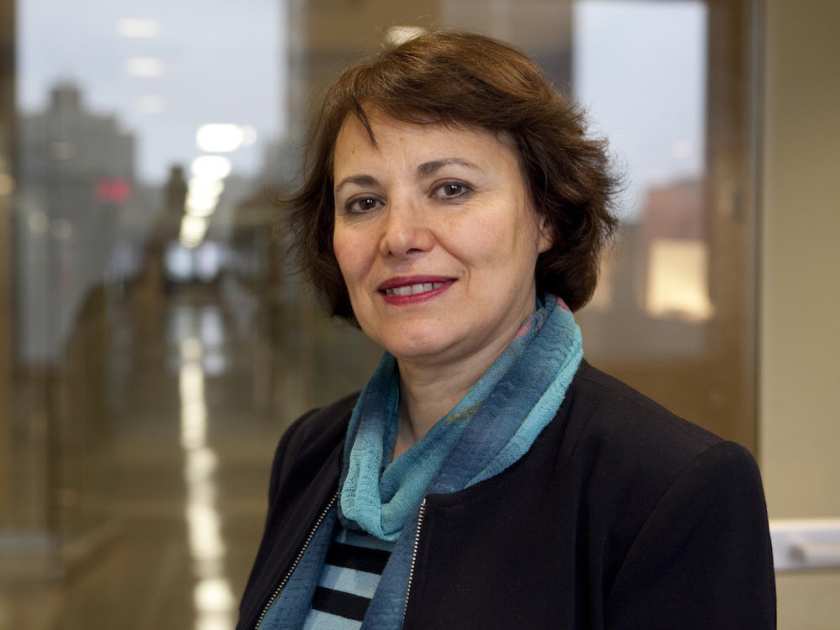The international community cheered today when Iran finally released acclaimed academic and former Concordia University professor, Dr. Homa Hoodfar. The Iranian-Canadian anthropologist was detained in Evin Prison in Tehran for over one hundred days without access to her family or lawyer. The details of Hoodfar’s charges were ambiguous, though reports in Iranian news outlets accused her of “dabbling in feminism and security matters.”
In the face of Iran’s grave human rights violations, students, professors, and scholars worldwide cried out for justice, giving rise to the #FreeHoma movement. Just last week, Concordia University students rallied in downtown Montreal to demand their revered professor’s safe and timely release. On Sept. 26, their prayers were finally answered. Now that Homa is free, we must remind people of the significance and impact of her academic contributions. Homa’s lessons of cultural and religious acceptance are lessons that the world desperately needs to hear—especially given the increasing prevalence of cultural prejudice and intolerance in Western societies.
It takes nothing more than a glimpse at Hoodfar’s work to see that she never belonged in an Iranian prison. Her research is apolitical in nature; her mission is to educate, rather than to criticize or provoke. Muslim scholar Tariq Ramadan described Homa’s detention as un-Islamic, emphasizing that her “research on Muslim women’s struggles—both in the Middle East and in the West—is balanced and characterized by respect for those about whom she writes.” Homa poses no threat to Iran. She isn’t simply a respected anthropologist, she’s an advocate for the rights of Muslim women, wanting to shatter stereotypes. Hoodfar’s work is about making others understand cultural differences, not fear them.
For example, Hoodfar fervently condemns the Western notion that the Muslim veil is a symbol of oppression. In one of her early articles, The Veil in Our Minds and on Our Heads, she stresses that veiling is an individual choice that has nothing to do with ignorance or power. Western stereotypes of the veil, which stem from colonial legacies and racist practices, deny Muslim women their agency. Cue the controversial Canadian niqab debate of 2015 over the Federal Court of Appeal ruling that prohibited the ban of the niqab at citizenship ceremonies. Zunera Ishaq, the Muslim woman at the centre of the debate, told The Toronto Star, “It’s precisely because I won’t listen to how other people want me to live my life that I wear a niqab.” This debate was central in the federal election last year, underscoring the prominence of the social stereotype that Hoodfar works tirelessly to deconstruct.
Many of today’s problems are based on prejudice, misinformation, and intolerance: today's world is one where an American presidential candidate can propose a “Muslim ban” as a tactic to gain votes. We also exist in a world where Islamist terrorist groups carry out mass killings of innocent people. This is the same world where a respected academic endured three months in prison simply because she was brave enough to challenge social constructions of race, culture, religion, and identity. Homa Hoodfar reminds us that Islam is not unidimensional—it is consistently evolving. She spreads messages of understanding and equality that combat anti-Muslim stigma. Her research bridges the gap between two cultures that are often portrayed as standing in opposition.
The #FreeHoma movement extended beyond the plight of one individual. It was a fight for academic freedom, cultural and religious acceptance, and female empowerment. Homa may be free, but her sacrifice makes it increasingly clear that this fight is not over.





